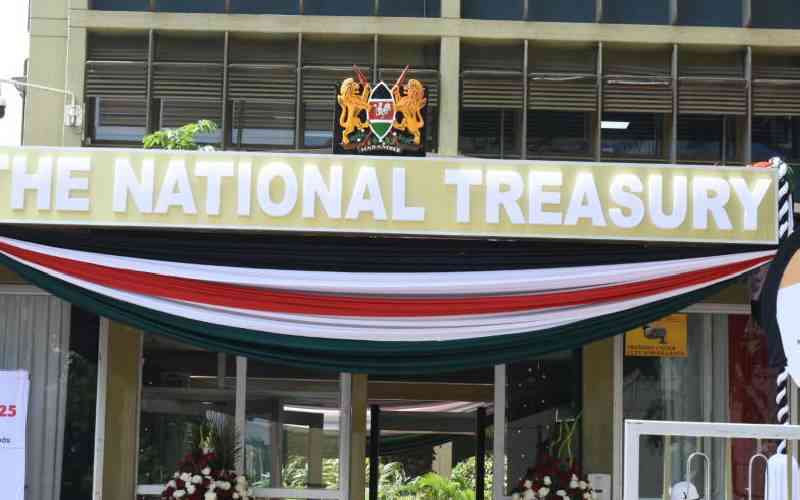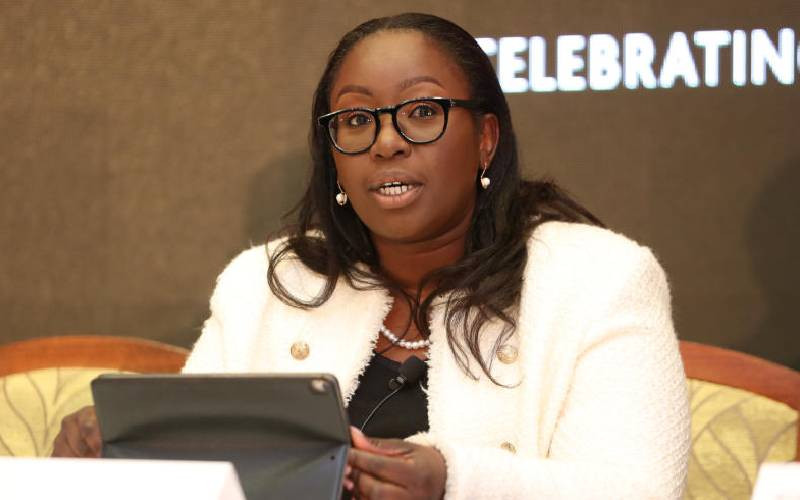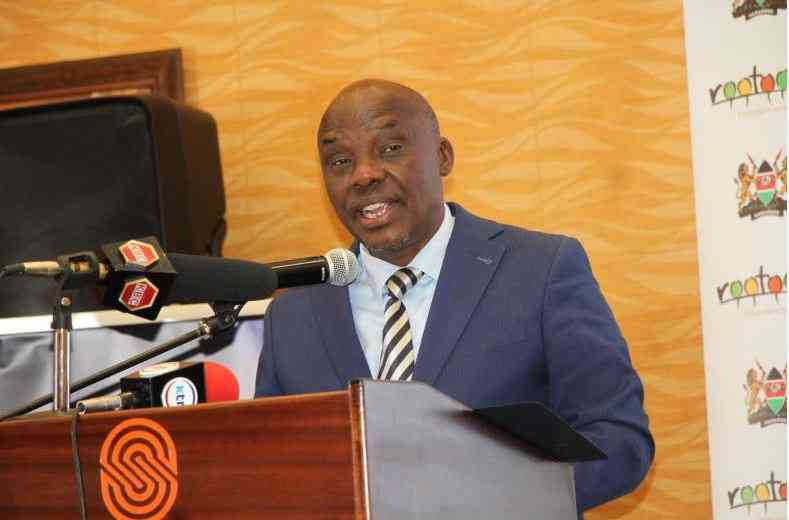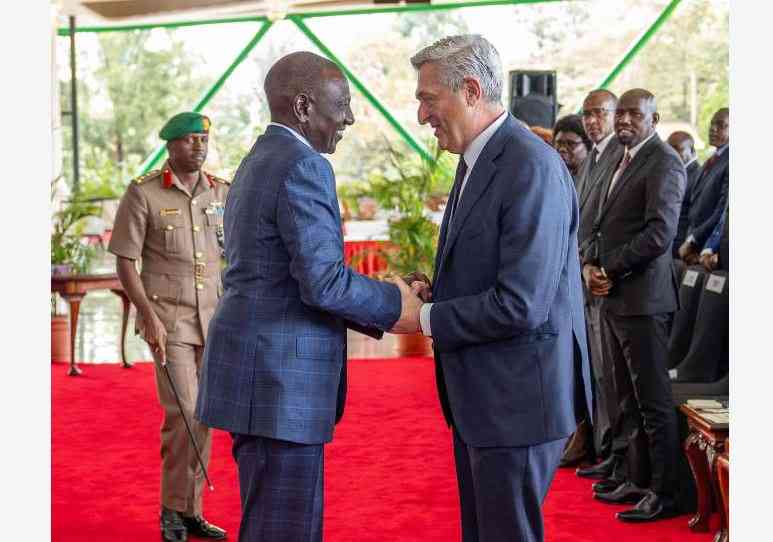×
The Standard e-Paper
Join Thousands of Readers
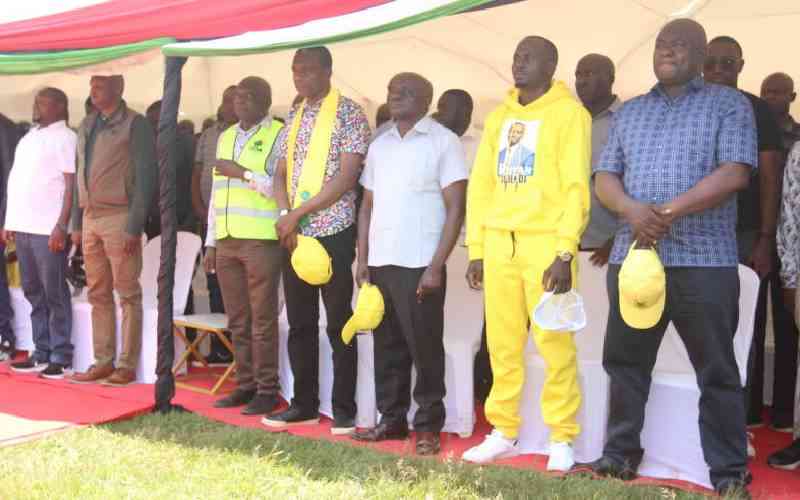
President William Ruto’s aide Farouk Kibet (second left) and Malava UDA party aspirants during an empowerment progamme at Malava market, on September 11, 2025. [Benjamin Sakwa, Standard]
The anticipated United Democratic Alliance (UDA) consensus for the November 27, Malava Constituency by-election has fallen through.

